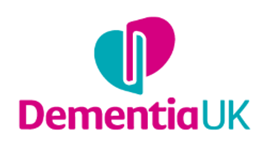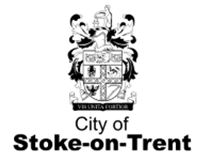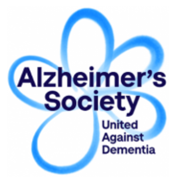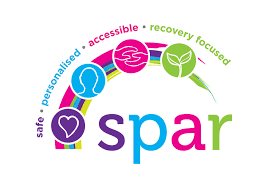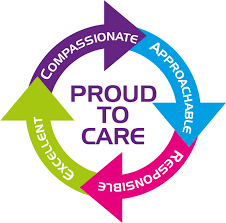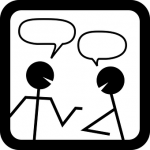Dementia

Information
Here you’ll find answers to some common questions concerning Dementia
Select the underlined questions below to see more.
The word dementia describes a group of symptoms that may include memory loss, difficulties with thinking, problem solving or language and often changes in mood perception or behaviour. These changes are usually small to start with but for someone with dementia they become bad enough to affect daily life.
Becoming older does not mean that a person will develop dementia. It occurs when the brain is affected by disease. Dementia effects everyone differently and it can cause a number of changes. These may include problems with memory, thinking, concentration and language. You may become confused or struggle to make sense of what you can see or hear. There may also be changes in your mood and behaviour.
Dementia is progressive, which means that most symptoms will get worse over time. However many people living with dementia lead active and fulfilling lives for many years.
There are lots of different types of dementia. The most common are Alzheimer’s Disease and Vascular Dementia. Less common are Dementia with Lewy Bodies (DLB) and Frontotemporal Dementia (FTD).
It is possible to have more than one type of dementia a condition known as ”mixed dementia”. This is most often Alzheimer’s disease and vascular dementia but can be other combinations. There are also some rarer conditions that cause dementia.
Various factors can increase a person’s risk of developing dementia. Aging, genes, healthy lifestyle (for example physical activity, diet, alcohol and smoking) all play a part.
Most people with dementia are over 65 years of age but dementia can affect younger people.
Dementia is caused by physical changes in the brain that happen as a result of disease. As dementia progresses, the structure and chemistry of the brain changes, which causes nerve cells to die. As more nerve cells die, the brain becomes less able to work properly.
Memory loss
- Problems recalling things that happened recently (although you might easily remember things from a long time ago)
- Repeating things in conversation such as asking the same question over and over
Difficulty thinking things through and planning
- Problems concentrating, following a series of steps, grasping new ideas or problems.
- Struggling with familiar daily tasks, such as following a recipe or managing your finances (for example your pension or bank account).
Problems with language
- Difficulty finding the right word
- Struggling to follow a conversation or misinterpreting things you hear.
Being confused about time and place
- Losing track of what time, date and season it is
- Not knowing where you are, even in a familiar place.
Visual perceptual difficulties
- Problems judging distances (for example on the stairs)
- Misinterpreting patterns or reflections in mirrors.
Mood changes or difficulties controlling emotions
- Becoming unusually anxious, sad, frightened, irritable or easily upset
- Losing interest in things and becoming withdrawn
- Lacking self-confidence
- Changes to your personality.
Dementia symptoms | Alzheimer’s Society
As yet there is no cure for dementia. Treatments include medication and other nonmedical approaches, looking after other medical conditions and making changes to your lifestyle. With the combination of these it is possible to live well with dementia for many years.
Four drugs have been developed to treat Alzheimer’s disease—Donepezil, Rivastigmine, Galantamine, Memantine. These drugs may reduce the symptoms of Alzheimer’s disease or stop them from getting worse for a while. You may also be given one of these if you have dementia with Lewy bodies, Parkinson’s dementia or mixed dementia.
If you have vascular dementia you will usually be prescribed drugs to treat an underlining condition, such as high blood pressure or heart problems. More information around medications to help with the symptoms of dementia can be found within the following information:- Alzheimer’s disease – Treatment – NHS (www.nhs.uk)
If you have frontotemporal dementia, these drugs are not suitable. You may be offered different medication to help with some of your symptoms.
All types of dementia can also benefit from treatments that do not involve medication. One example is cognitive stimulation, which may involve doing word puzzles or discussing the news to keep your brain active. It may be possible to join a group that focuses on Cognitive Stimulation Therapy (CST). Another example of this, which is often part of the cognitive stimulation group work, is life story work where you build up a record of your life experiences. This could be in a scrapbook, photo album or online.
- Talk to your GP.
- Your GP will discuss your memory concerns, carry out a short memory test, send you for routine blood tests and carry out an ECG . This is to ensure that any treatable causes of a memory impairment are identified and treated. Many things can impact on your memory. Reversible causes can include stress, anxiety, poor sleep, pain, depression or physical health and can all impact on your cognitive function (memory). Once these issues are identified and treated it is probable that your memory will return to normal.
- If you are referred to the memory clinic, we will contact you to discuss the assessment process and to allay any concerns you may have.
- It is important that you bring someone to support you to the memory clinic appointment. The appointment will take about an hour and in that time we talk at length about your concerns and how they impact on your day-to-day routine. We will carry out a cognitive assessment and discuss if a brain scan is required.
- When they have all of the appropriate information the memory clinic will hold a meeting with our doctor. At this meeting we will formulate a diagnosis and treatment plan. You will then be invited back to the memory clinic to have your diagnosis explained. Since the pandemic we have been offering video diagnostic and post diagnostic calls you may prefer this, if not a face to face appointment will be made.
- If there is no evidence of dementia you will be discharged back to the care of your GP.
- If a diagnosis of dementia is given we will talk to you about what this means, how to access support and about any possible treatments/ medications available. A care plan letter will be formulated so that you can read this at home or share it with loved ones. A copy of this care plan letter will also go to your GP.
- A follow-up appointment will be made 4 weeks after the diagnosis has been explained. This is to review any medication that may have been prescribed with a view to increasing the dose. It is also important to go over all of the information again. It is also yours or your family’s opportunity to ask any questions and we will do our best to answer them.
- We will discuss driving, lasting Power of attorney, attendance allowance, Council tax benefit and how to access support packages.
- We will also talk about living well with dementia. We will discuss the importance of cognitive stimulation, having a healthy diet and keeping physically active.
- You will be referred to the Alzheimer’s Society Dementia Advisors who are commissioned to give ongoing advice and support now and in the future. We will also send a new care plan letter summarising this appointment, which is again shared with your GP.
- This is a great opportunity to talk and go through any concerns that you may have.
- A final discharge review will be held either in clinic or via a group session. We will formulate a care plan letter and you will be discharged back to the care of your GP.
- Your GP will then hold an annual dementia review.
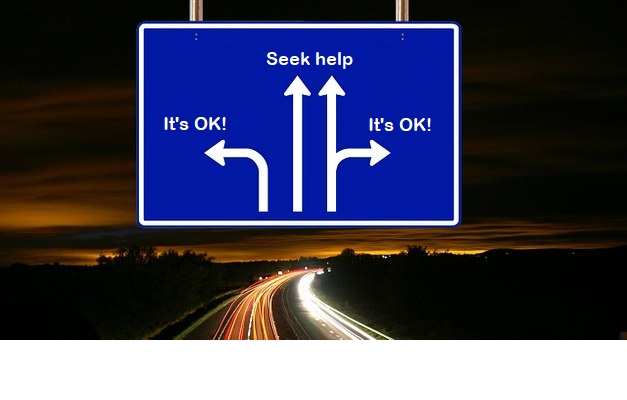
Coping with
When someone is diagnosed with dementia there are lots of things you can do that will help you to live as well as possible. It is important to try to stay positive and to focus on the things you can do and enjoy.
The following buttons are self-help suggestions
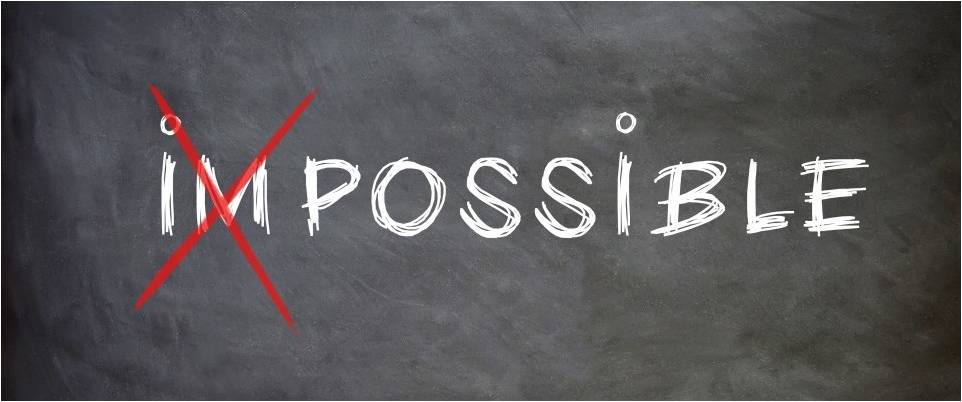
Finding help
Who can you talk to?
- Health professional (Counsellor, Nurse)
- Charities and Helplines
Select the underlined topics below to view what resources are available.

Getting more help
If you haven’t already found the help you’re looking for, you can find additional information and services which are more interactive here.


